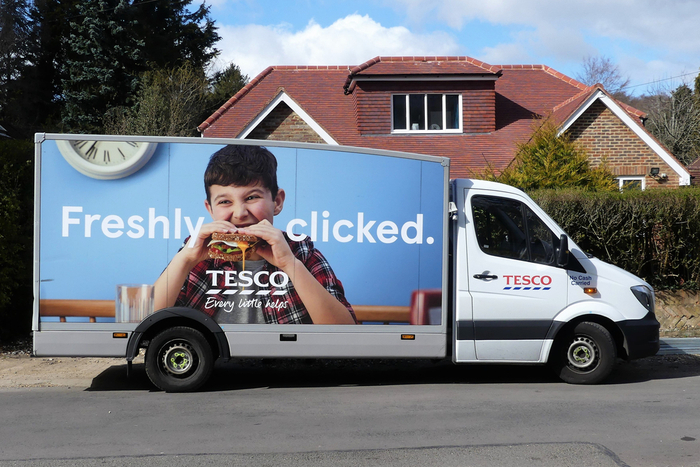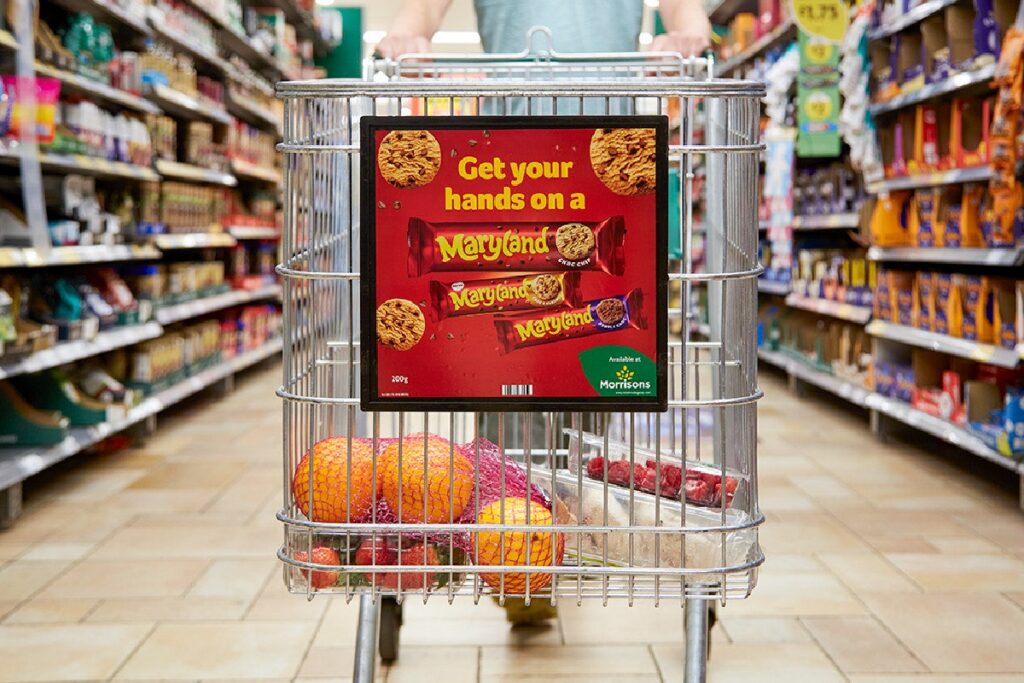// Tesco launches a climate “manifesto” to highlight 5 key areas
// The areas include cutting absolute emissions from energy, supporting UK’s transition to electric transport, tackling food waste, supporting the sustainable production of food, and helping customers eat healthy, sustainable diets
// Tesco CEO Ken Murphy called on the wider food industry to play its part to deliver against the UK’s climate ambitions
Tesco has outlined its climate “manifesto” which has five key areas of focus including cutting absolute emissions from energy and supporting the UK’s transition to electric transport.
Other areas include tackling food waste, supporting the sustainable production of food, and helping customers eat healthy, sustainable diets.
Tesco chief executive Ken Murphy highlighted the need for both efficiency improvements and “cutting-edge” innovation if the retailer is to meet its climate change targets.
READ MORE:
- Pret A Manger strikes deal to sell baked treats in Tesco stores
- Tesco rolls out recycling points for old “soft plastic” packaging
In 2017, Tesco committed to science-based climate targets on a 1.5-degree trajectory and aims to reach its net zero climate target in the UK by 2035, fifteen years earlier than originally planned.
Through a combination of efficiency improvements and switch to low-carbon innovation, Tesco delivered a 50 per cent emissions reduction last year on a 2015 baseline, beating its 2020 science-based target of 35 per cent.
Murphy has now called on the wider food industry to play its part to deliver against the UK’s climate ambitions.
“In this critical decade for tackling climate change, it’s vital we challenge ourselves to be more ambitious in our aims and accelerate progress against them. At Tesco, we’re playing our part by creating a better basket for our customers and the planet,” he said.
“No one business can tackle these challenges alone. We must take collective action as a food industry to drive the transformational changes necessary to meet the UK’s climate commitments.”
Tesco has pledged to continue its work to reduce emissions in its own operations, including switching to renewable energy across all its operations by 2030, partnering with renewable energy investors to launch new renewable power generation projects, and launch its first fleet of 30 electric home delivery vans, switching to a fully electric delivery fleet by 2028.
Tesco is also rolling out 2400 charging points for customers across 600 stores, with 400 stores already fitted with the chargers.
By the time the programme has concluded, Tesco will have boosted the UK’s electric charging network by 14 per cent.
Click here to sign up to Retail Gazette‘s free daily email newsletter


















